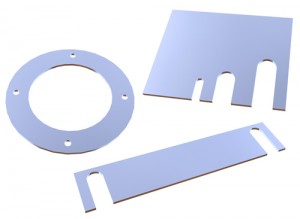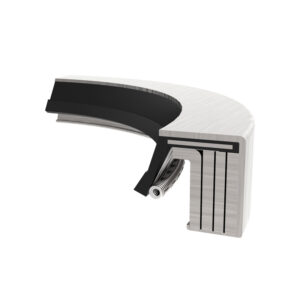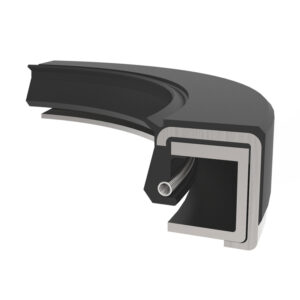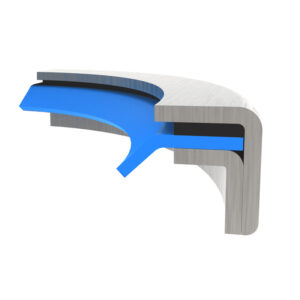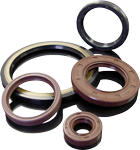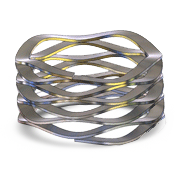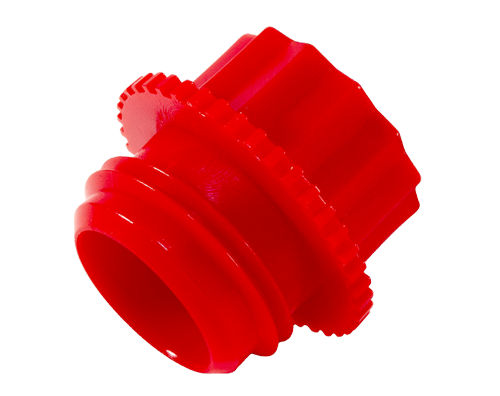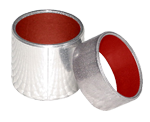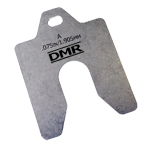Home >> Blog >> Chrome Moly for When You Need High Strength
Chrome Moly for When You Need High Strength
Chromium-Molybdenum Steel, also known as Chrome Moly, is low alloy steel typically used for high pressure and temperature applications. The added strength of this alloy steel makes it ideal for a number of applications. The unique combination of Chromium and Molybdenum results in offering great properties like high tensile strength, high temperature and corrosion resistance, which is useful for many applications across various industries.
It is also known as “P Grade” materials. The most commonly used P-Grades are P5, P9, P11, P22 and P91.
Advantages
Chrome Moly offers the following advantages:
- High Tensile Strength
- Corrosion Resistance
- High-Temperature Resistance
- Wear Resistance
- Hardenability
- Ease of Fabrication
When to use Chrome Moly over Carbon Materials?
The modern power boilers often operate at a pressure above 5,000psi and temperatures higher than 1,000ºF. Section II of ASME contains tables of all the approved grades (like SA106) and other important information like the allowable design stress at elevated temperatures for different kinds of applications. SA106 Gr. B tops out at 1,000º F, and at those high temperatures, it has little strength. When the designer is faced with applications that have a high temperature or high-pressure needs but cannot switch to heavier walls, they use SA335/A335 – chrome moly pipe, which is the ideal solution for such applications.
The more the Chromium and molybdenum (moly) content are increased within the steel, the more is the allowable stress at a higher temperature. Similarly, the more Chromium and Moly added (to a point), the higher will be the strength of steel. Depending on the need of the application, the designers can select, for instance, if they require a tougher material like P91 (9% Cr, 1% Mo and auxiliary alloying elements) with a thinner wall for the application or they want a thicker wall pipe with lower toughness like P22 (2.3% Cr & 1% Mo) or even P11 (1.25% Cr & .55% Mo).
Do you know?
The SA335/A335 specification has about ten pages worth of information mentioning the differing requirements between each grade of Chrome Moly. Moreover, the different chemical compositions of each grade make them vary in terms of physical properties. Thus, the selection of the right grade is very important to meet application requirements and for high performance.
Factors Design Engineers Should Consider
The selection of the right material is a tough job. Hence, we are putting forward some points that might be helpful to make this decision a bit easier.
- Required Physical Strength
- Upper-Temperature Limits
- Stress Tolerance
- Number of Operating Cycles & Thermal Fatigue
- Number of and configuration of loops and bends
- Resistance to creep
- Compatibility resistance to creep
- Choosing the components to be welded, welding procedures, assurance of welding quality and filler materials for welding.
- Hardness measurements
- Preheat temperatures and post-weld heat treatment temperatures
- Fabrication time & costs
- Other important factors include the temperature of water or steam, pH, oxygen content of the fluid, steam quality, the velocity of flow, oxide layer quality of the internal surface of the pipe and chemical composition.
- Weight considerations including pipe supports
- Variety in the bill of materials- as steam passes through the turbine and piping systems, there is a decrease in temperature and pressure. It allows the designer to use thinner walls – or lower grades – of pipe in different areas of the plant.
- Availability & cost difference between different grades; it usually makes more sense to choose an upgraded material when the upper margins of a range come into play.
Applications
The unique properties of Chrome Moly, which excels in environments facing high pressures, temperatures, and corrosion, is used in the Refineries (commonly used P grades include P5 & P9), Oil and Gas Pipelines (commonly used P grades include P11, P22 & P91), Chemical Industries, Heat Exchangers, Power Plants (commonly used P grades include P11, P22 & P91), Pulp and Paper industry, etc.
| Grade | Applications |
|---|---|
| Chrome Moly Grade P5 A335 / SA335 / A234 / SA234 / A182 / SA182 | Petroleum |
| Chrome Moly Grade P9 A335 / SA335 / A234 / SA234 / A182 / SA182 | Petroleum |
| Chrome Moly Grade P11 A335 / SA335 / A234 / SA234 / A182 / SA182 | Power generation, petroleum, high-temp |
| Chrome Moly Grade P22 A335 / SA335 / A234 / SA234 / A182 / SA182 | Power generation, petroleum, high-temp |
| Chrome Moly Grade P91 A335 / SA335 / A234 / SA234 / A182 / SA182 | Power generation |
We understand how different components are essential for your manufacturing industry. Therefore, we offer one of the best and most diverse ranges of Chrome Moly Alloy Pipe, Chrome Moly Alloy Flanges and Chrome Moly Alloy Fittings. Many components are in inventory and ready to ship. Available in a variety of sizes and pressure ratings to meet your project’s needs— including hard-to-find configurations and sizes.






